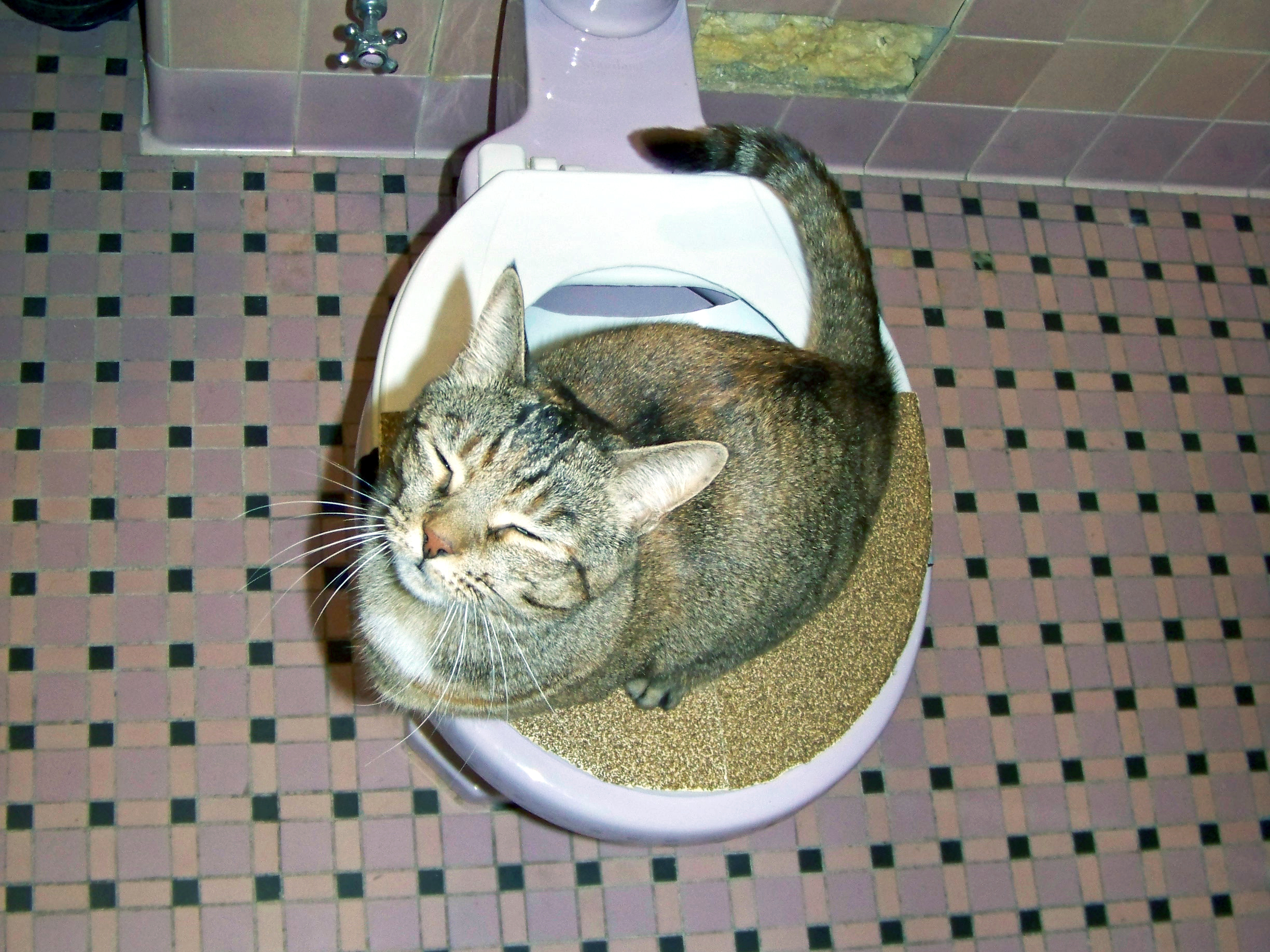Why Flushing Cat Poop Down Your Toilet Is Harmful - Tips for Correct Disposal
Why Flushing Cat Poop Down Your Toilet Is Harmful - Tips for Correct Disposal
Blog Article
In this article in the next paragraph you'll find a good deal of worthwhile content with regards to Don’t flush cat feces down the toilet.

Intro
As pet cat proprietors, it's essential to bear in mind how we get rid of our feline pals' waste. While it might appear practical to purge cat poop down the toilet, this practice can have damaging repercussions for both the environment and human wellness.
Alternatives to Flushing
Luckily, there are much safer and much more accountable ways to take care of pet cat poop. Take into consideration the complying with choices:
1. Scoop and Dispose in Trash
One of the most usual approach of disposing of pet cat poop is to scoop it into a biodegradable bag and toss it in the trash. Make certain to use a committed trash scoop and take care of the waste quickly.
2. Usage Biodegradable Litter
Opt for naturally degradable pet cat clutter made from materials such as corn or wheat. These litters are eco-friendly and can be securely gotten rid of in the trash.
3. Hide in the Yard
If you have a backyard, take into consideration hiding pet cat waste in a designated area away from vegetable yards and water resources. Make certain to dig deep adequate to stop contamination of groundwater.
4. Mount a Pet Waste Disposal System
Buy a pet dog garbage disposal system particularly created for feline waste. These systems use enzymes to break down the waste, reducing smell and ecological effect.
Health Risks
Along with ecological issues, purging feline waste can also present wellness risks to humans. Cat feces might consist of Toxoplasma gondii, a parasite that can trigger toxoplasmosis-- a potentially severe ailment, particularly for expecting ladies and individuals with weakened immune systems.
Ecological Impact
Flushing feline poop introduces dangerous microorganisms and bloodsuckers into the water, posturing a substantial threat to water environments. These pollutants can adversely affect aquatic life and compromise water quality.
Conclusion
Responsible family pet possession expands past providing food and shelter-- it also involves proper waste management. By refraining from flushing cat poop down the toilet and opting for alternative disposal approaches, we can decrease our ecological impact and safeguard human health.
Why You Should Never Flush Cat Poop Down the Toilet
A rose by any other name might smell as sweet, but not all poop is created equal. Toilets, and our sewage systems, are designed for human excrement, not animal waste. It might seem like it couldn’t hurt to toss cat feces into the loo, but it’s not a good idea to flush cat poop in the toilet.
First and foremost, assuming your cat uses a litter box, any waste is going to have litter on it. And even the smallest amount of litter can wreak havoc on plumbing.
Over time, small amounts build up, filling up your septic system. Most litter sold today is clumping; it is made from a type of clay that hardens when it gets wet. Ever tried to scrape old clumps from the bottom of a litter box? You know just how cement-hard it can get!
Now imagine just a small clump of that stuck in your pipes. A simple de-clogger like Drano isn’t going to cut it. And that means it’s going to cost you big time to fix it.
Parasitic Contamination
Believe it or not, your healthy kitty may be harboring a nasty parasite. Only cats excrete Toxoplasma in their feces. Yet it rarely causes serious health issues in the cats that are infected. Most people will be fine too if infected. Only pregnant women and people with compromised immune systems are at risk. (If you’ve ever heard how women who are expecting are excused from litter cleaning duty, Toxoplasma is why.)
But other animals may have a problem if infected with the parasite. And human water treatment systems aren’t designed to handle it. As a result, the systems don’t remove the parasite before discharging wastewater into local waterways. Fish, shellfish, and other marine life — otters in particular — are susceptible to toxoplasma. If exposed, most will end up with brain damage and many will die.
Depending on the species of fish, they may end up on someone’s fish hook and, ultimately on someone’s dinner plate. If that someone has a chronic illness, they’re at risk.
Skip the Toilet Training
We know there are folks out there who like to toilet train their cats. And we give them props, it takes a lot of work. But thanks to the toxoplasma, it’s not a good idea.

I'm just very inquisitive about How to Dispose of Cat Poop and Litter Without Plastic Bags and I really hope you enjoyed the blog posting. In case you liked our blog post if you please be sure to pass it around. Thanks for your time invested reading it.
Click Here Report this page